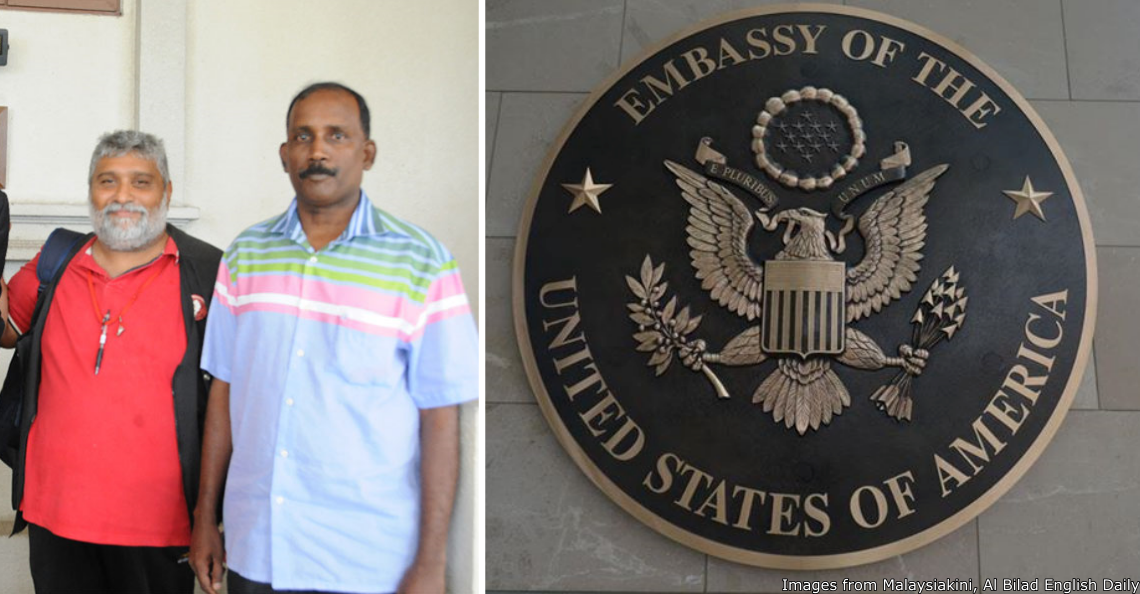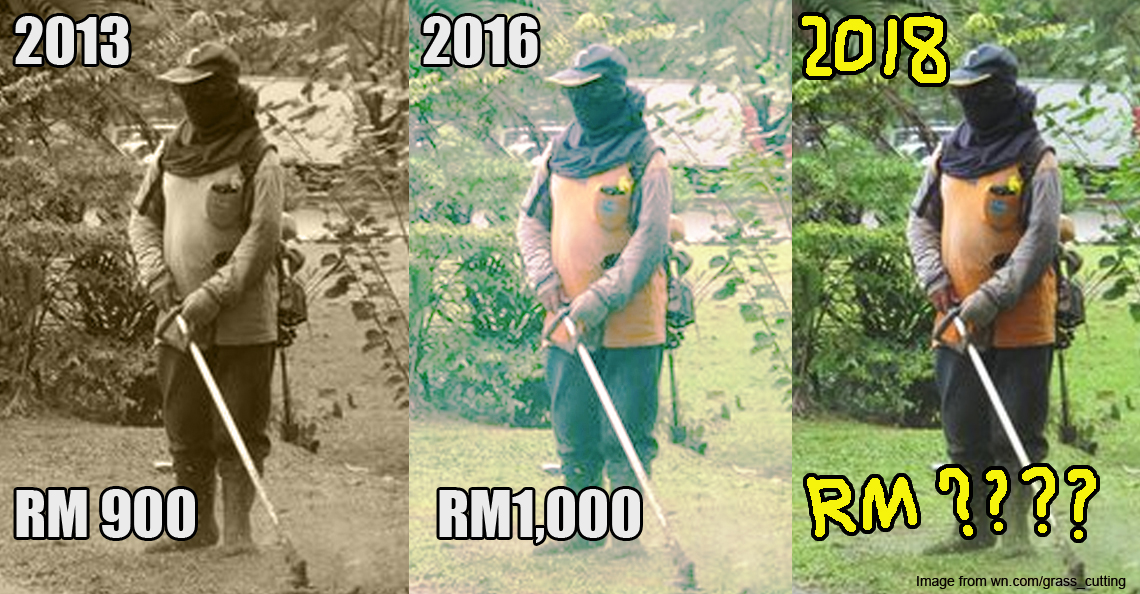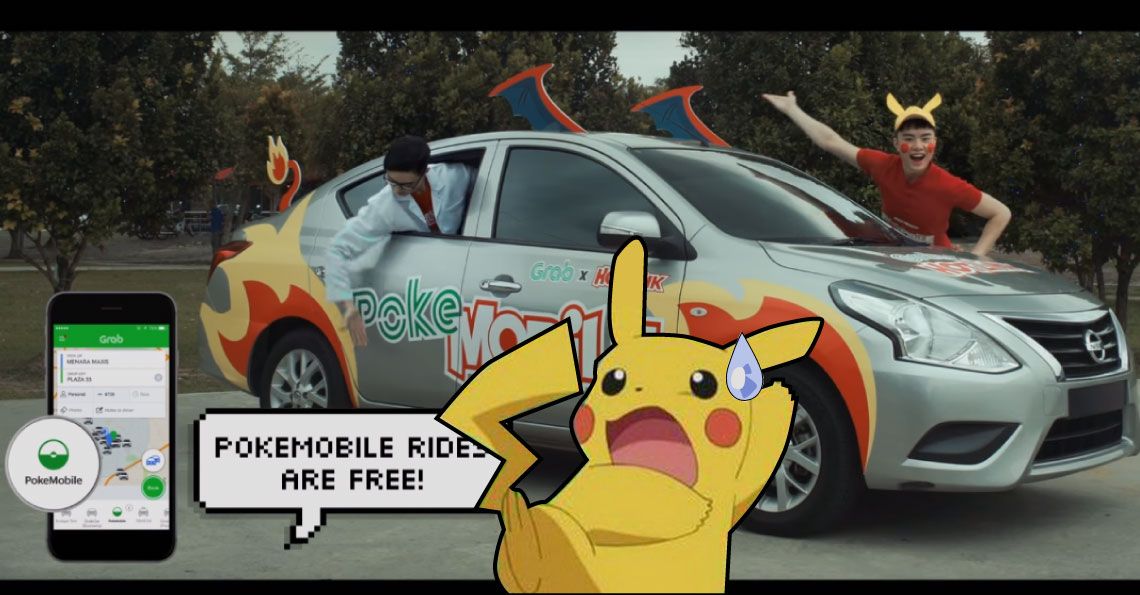How to sue your boss if you feel you’ve been unfairly fired in Malaysia

- 7.5KShares
- Facebook7.0K
- Twitter47
- LinkedIn10
- Email119
- WhatsApp318
Recently, there was news that SIX Malaysian bosses have fired their employees who were caught playing Pokemon Go during work hours. Malaysian Employers Federation (MEF) Executive Director Datuk Shamsuddin Bardan said that the poll was taken among 150 bosses from various sectors.
Bosses also tried advising their employees against playing during work hours, issued warning letters and suspended employees without pay. Almost all of them said they prohibit staff from opening the app at work and signing up for the game with their company email addresses (who signs up for a game with their work email?!?). A few bosses even caught staff entering restricted areas to catch Pokemons! Only 30 bosses polled were happy with Pokemon Go because it’s good for business, eg. those from the F&B industry.
Well, tough luck for those six employees, but if they want to, did you know they could consider fighting their termination?
Oh yeah, you can totes SUE your company for firing you unfairly

Before we talk about fair or unfair, let’s talk about the law first. This is contained in Section 20 of the Industrial Relations Act (IRA) 1967. It tells you what you can do IF you feel you have been unfairly dismissed by the company:
STEP 1: Go complain to the Director General of Industrial Relations at their office nearest to your workplace WITHIN 60 DAYS of dismissal (this is called making a ‘representation’).
STEP 2: The Industrial Relations Department will organise a meeting between you and your dear boss. They’ll send an officer to act as mediator to try to settle the matter amicably first. No lawyers allowed to step in at this stage, k.
STEP 3: If you and your (ex) boss can’t come to an agreement, the case will be forwarded to the Ministry of Human Resources, which decides whether or not to forward your case to the Industrial Court.
STEP 4: Once it reaches the Industrial Court, there will be a trial (with witness testimony). You can represent yourself, be represented by a union officer (if you are a union member), or hire a lawyer. Then, if the court finds that you have been unfairly dismissed, you will typically be (a) reinstated to your former position and paid backwages, or (b) be paid compensation.
Confused? Never mind you can call the Department +603-9236 5000 or email [email protected] and they’ll explain in more detail.

Usually, going back to their old company rarely happens unless both worker and boss agree (which rarely happens for obvious reasons, duhh). It’s more common to grant compensation…

It’s typically awarded on the basis of one month’s salary for every year of service, but capped at 24 months.
*UPDATE [30/9/2016 3:10pm]: Recent amendments to the Industrial Relations Act 1967 has introduced a cap of 24 months on the backwages for permanent staff and 12 months for probationers. So, that means if a permanent employee earns RM5,000 a month, he can claim up to a maximum of RM120,000. But it’s subject to reduction la, up to the Court, depending on the circumstances (such as the employee’s conduct and whether they are already gainfully employed).
*UPDATE [4 Oct 2016]:
Thanks to CILISOS reader Arumugam Ganapathy who is a lawyer and partner at his firm in Penang, we could clarify these details… An employee can be awarded the full amount of compensation based on the rate of ONE MONTH’s pay for every year of completed service. Eg. an employee who had worked for 30 years could be awarded 30 months salary in lieu of reinstatement.
However, compensation in lieu of reinstatement is not the only thing awarded by the Industrial Court. Employees can also be awarded backwages (ie. the salary the employee would have earned had he not been dismissed). This is calculated from the date of the dismissal, until the date the decided by the court. Backwages capped at 24 months (12 months for probation employees).
*To know more about compensation, check out this document: Ketetapan Umum No. 1/2012.
ANY employee can file a lawsuit, regardless of how much they’re earning, how senior or junior they are, or whether or not they’re a member of a union. As long as they are an employee in the eyes of Malaysian law. Yes, that includes foreigners working in this country.
So what is considered an ‘unfair dismissal’?

Ok here comes the law part, grab a Red Bull… the IRA 1967 states that bosses must present “just cause and excuse” for firing someone. Literally THAT’S ALL! There are no legal explanations or definitions on how to interpret this, and no LIST of specific things that can be considered “just cause and excuse” in the Act. Meaning there’s no saying for sure that you can only fire someone if they sleep on the job, go toilet too many times, or even play Pokemon Go – at least not in the IRA 1967 la.
Even freakier (if you are a boss), Section 59 of the Act states that if bosses dismiss or even threaten to dismiss employees, it is an offence and they can be JAILED not more than one year or FINED not more than RM2,000, or BOTH. On top of that, they could be ordered by the court to pay the employee the amount of wages lost, and hire him back to his former position.
BUT OMG, then how to interpret the law?! Well, according to lawyer Donovon Cheah (who is also a partner at Donovan & Ho and is on the Malaysian Bar Council‘s Professional Standards and Development Committee), the Industrial Court doesn’t follow technicalities or legal definitions. It can be very flexible in making decisions, so they will decide each case based on its merits. Nothing is black and white here. This court more is motivated by social justice and tries to be fair to both employee and boss.

For that reason, there is no certainty and you can’t exactly ask your lawyer to predict the outcome. Ermm, maybe try sucking up to the judge? *shrugs* Generally, as long as the boss can show proper justification and reasons why he/she dismissed the employee, that should work.
WHEWW, if it sounds like the law sides with employees more, that’s because it does!! It’s normal to hear of Malaysia’s reputation being ‘pro-employee’ when it comes to lawmaking, explained Donovan. Usually, it’s the boss who must prove the charges against the worker, not the worker who has to prove his innocence. By contrast, employees can resign any time they want for any reason.
To be safe, employees should follow instructions in their employment letter and the company Rules & Regulations handbook. If they breach that, it would give the boss a legit reason to fire them. For example, the biasa rules like be diligent at work, don’t be absent without leave, respek boss, and so on. So to answer the question, does Pokemon Go constitute “just cause and excuse”… hmm, what do YOU say?
A woman sued her bosses despite sending nasty emails about them and WON
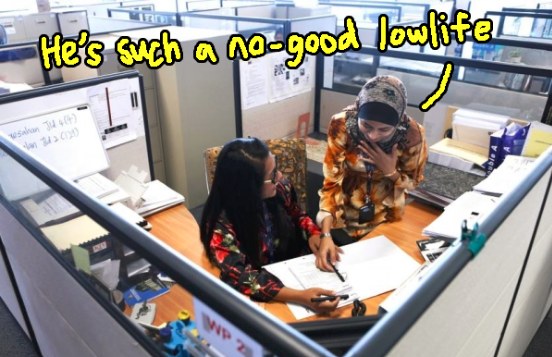
In 2006, secretary at the National Insurance Board Ratnawati Mohamed Nawawi was fired for misconduct for sending emails from her office computer to friends, as they contained “derogatory, insolent and impertinent” words about her bosses. They only found out about the emails through an unrelated investigation into the leak of a confidential report.
She appealed to the Industrial Court and the Chairman (the person who rules in this court is not called a judge) Syed Ahmad Radzi Syed Omar ruled in Ratnawati’s favour, saying that her words were not misconduct, because they were not meant to undermine her superiors, but was merely gossip between friends. If she had said those words to their faces, it would have been a different story. Basically, the court agreed it was ok to talk bad behind the bosses’ backs.
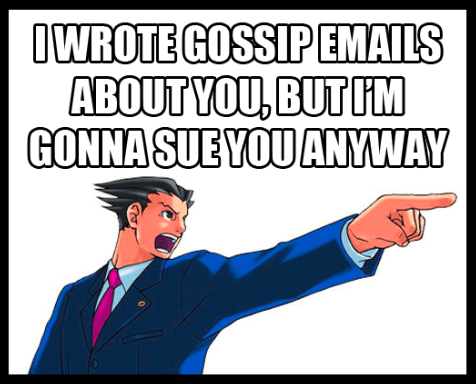
“It is quite common and natural for staff to gossip about their superior officers. It can happen anywhere and anytime… it could be over coffee or tea or a meal.” – the court ruling stated
So the court awarded Ratnawati backwages and compensation a total of RM66,850, BUT it did say that the company did not have to give her her job back since the trust between her and her employer was broken.
As an employee or employer, you might have differing opinions on whether this case was judged fairly. Maybe you side with the judge’s decision, or you may think her dismissal was justified. But however you feel, it’s important for ALL parties to understand that it’s possible for fired employees to sue the company…even after they’ve written nasty emails about their bosses.
Like that which boss would dare to fire, even if they had a good reason to?
Having said all of that, we are not defending the six Pokemon Go players who got fired because honestly, is it unreasonable of the company to make their staff to do the jobs they’re getting paid to do? Perhaps different companies may have different policies, for example, in the media line, we’re can Facebook and YouTube when work requires us to, but in other companies, workers can’t even access certain sites because they’re blocked.

We’re only trying to highlight that in Malaysia, it is possible for workers to sue the company that fired them if it had been done unfairly. And for bosses, the situation may seem unfair since the system appears like it sides employees more. It is possible that an employer may have good grounds for dismissal but still LOSE the case because the dismissal was procedurally unfair or against the rules of natural justice.
Sounds like it’s impossible to fire people right? Not really, if it’s done the right way! Bosses must make sure the process satisfies certain legal requirements before they can terminate an employee. Bosses who don’t invest in doing some groundwork might find themselves forking out large settlements to a dismissed worker to avoid further damage to their business. The money they have to fork out could even go higher than bonuses they pay to good, high performing employees (and that may be the deepest cut of all).
- 7.5KShares
- Facebook7.0K
- Twitter47
- LinkedIn10
- Email119
- WhatsApp318

